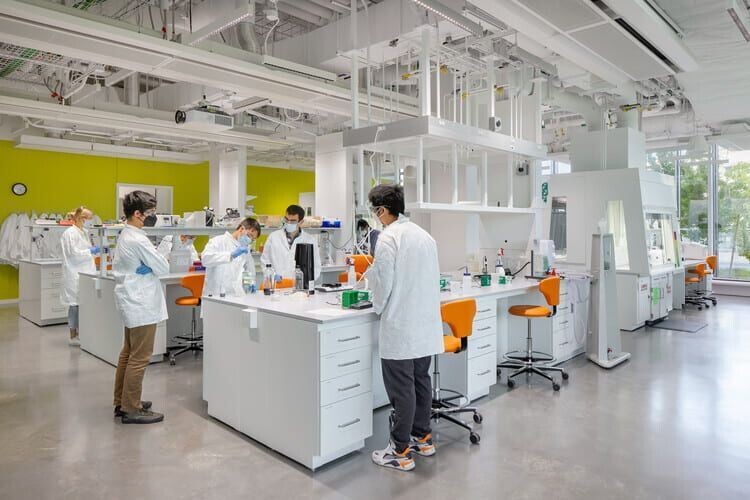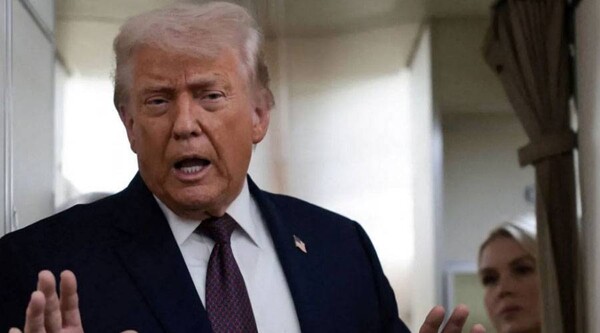
Almost half of Harvard University's budget comes from government grants, which are allocated to a wide range of research, from infectious diseases to global health policies. One of the programs most affected by recent budget restrictions is Dr. Sarah Fortune's laboratory, which specializes in studies on tuberculosis, a disease that remains a significant issue in low- and middle-income countries.
The consequences of this situation extend beyond the scientific realm, as chronic disease prevention and treatment programs targeting vulnerable populations in the United States and Latin America would also be adversely affected. Furthermore, the lack of funding threatens to disrupt the training of new health professionals, postdoctoral fellows, and researchers who rely on these grants for their academic and professional development.
The dispute between the federal government and one of the world's most prestigious universities raises ethical and constitutional questions about the independence of scientific research. Should public funding condition the freedom of thought and scientific investigation?
As warned, Dr. Fortune's team may be forced to sacrifice laboratory monkeys used in their research, which would not only represent a scientific loss but also a crucial delay in the development of new therapies. Other at-risk projects address diseases such as Alzheimer’s, Parkinson's, type 2 diabetes, genomics, vaccines, and mental health.
The freezing of approximately $2.2 billion in federal funds, including over $60 million in active contracts with the Department of Health and Human Services (HHS), poses a direct threat to multiple public health programs, biomedical research, and advanced medical education at Harvard. In the specific case of the T.H. Chan School of Public Health, the suspension of federal funds jeopardizes its operation and the continuity of essential programs.
In a context where science, truth, and international cooperation are more necessary than ever, can a nation afford to politicize public health and threaten scientific research? This confrontation has serious implications not only for Harvard University but also for the scientific community as a whole.














